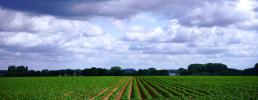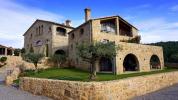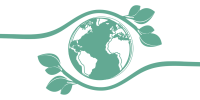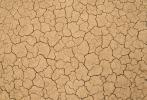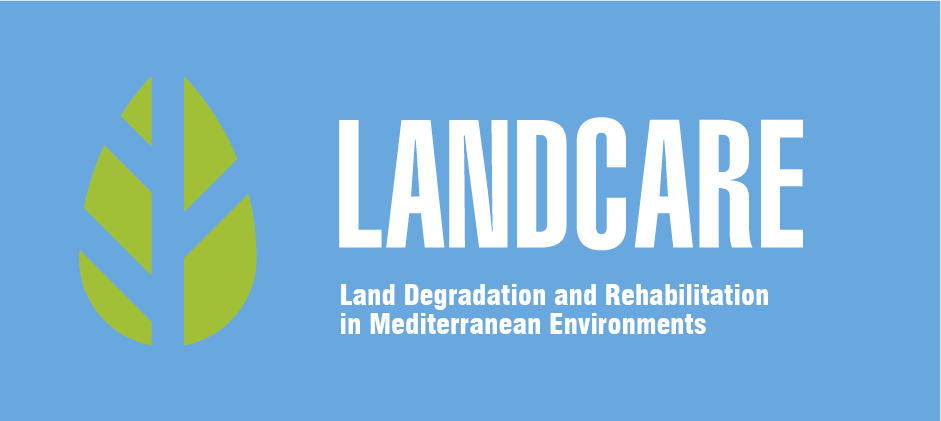
Erasmus+ Project: Soil Degradation and Rehabilitation in Mediterranean Environments
- Type Project
- Status Filled
- Execution 2015 -2018
- Assigned Budget 263.534,00 €
- Scope Europeo
- Autonomous community Galicia
- Main source of financing Erasmus +
- Project website LANDCARE
The Mediterranean region is vulnerable to land degradation, which affects important sectors of the economy (agriculture, fisheries, tourism) and the supply of vital goods (water, food). Although "actions to restore ecosystems and biodiversity have significant potential to create new skills, jobs, and business opportunities" (ED 2011/2307(INI)), there is a considerable shortage of skilled workers in this field due to a lack of adequate training. This is especially important in Southern Europe, where youth unemployment is extremely high.
The main activities focused on training both staff (from academic and professional partners) and students (higher education institutions (HEIs), company staff, and selected unemployed individuals). Faculty training included a) intensive training in innovative online learning tools (PLEs, SPOCs) and b) short-term joint events to strengthen LD&R training capacities. Student training was based on two types of blended mobility. LD&R concepts were taught through an intensive study program, which included mobility and flexible online training (PLEs, SPOCs). Practical experience and work skills were provided through an internship program combined with robust online and customized training in employment and entrepreneurship. Trainees included students from higher education institutions, staff from companies involved in LD&R, and selected unemployed individuals. As expected, certain educational outcomes of the project had strong multiplier effects: the development of blended mobility to improve employability in the "Green Economy," the publication of the first manual linking Land Restoration with employability opportunities, and the launch of a peer-to-peer teaching network. The main social multiplier effect was the enhancement of the green economy to create jobs.
The overall objective of LANDCARE was to enhance training capacities related to land degradation and rehabilitation (LD&R) in Southern Europe, in order to meet the demands of an emerging labor market and contribute to the green economy.
LD&R is a field that requires training involving real-life case studies and practical experience. For this reason, the educational pathway proposed in the project combined short-term international mobility and innovative online learning: Personal Learning Editions (PLEs) and Short Private Online Courses (SPOCs). Employability skills were enhanced through personalized training and internships. To increase the reach of this strategy, the project strengthened interactions between students, educators, researchers, companies/agencies/NGOs, and decision-makers.
Impacts at the individual level include access to innovative methods and techniques in learning and professional development, improved language and digital skills, and increased workforce employability. At the organizational level, businesses, agencies, and NGOs have benefited from access to specialized knowledge and facilities, as well as from an increased supply of skilled workers. University structures involving online learning and employment have also been strengthened. Decision-makers have received support to address certain transboundary environmental challenges.
- Coordinator/entity name: UNIVERSITY OF SANTIAGO DE COMPOSTELA
- Postal address: Colegio San Xerome Plaza do Obradorio S/N, 15782 Santiago de Compostela
- Telephone: 600942387
- Universidad de Santiago de Compostela
- Archipelagos, Institute of Marine Conservation
- CONSELLERIA DO MEDIO RURAL - XUNTA DE GALICIA
- CONSIGLIO NAZIONALE DELLE RICERCHE
- EDIA-EMPRESA DE DESENVOLVIMIENTO E INTRA-ESTRUTURAS DO ALQUEVA S.A.
- ETHNIKO KAI KAPODISTRIAKO PANEPISTIMIO ATHINON
- UNIVERSIDADE DE LISBOA
- WEST SYSTEMS SRL




